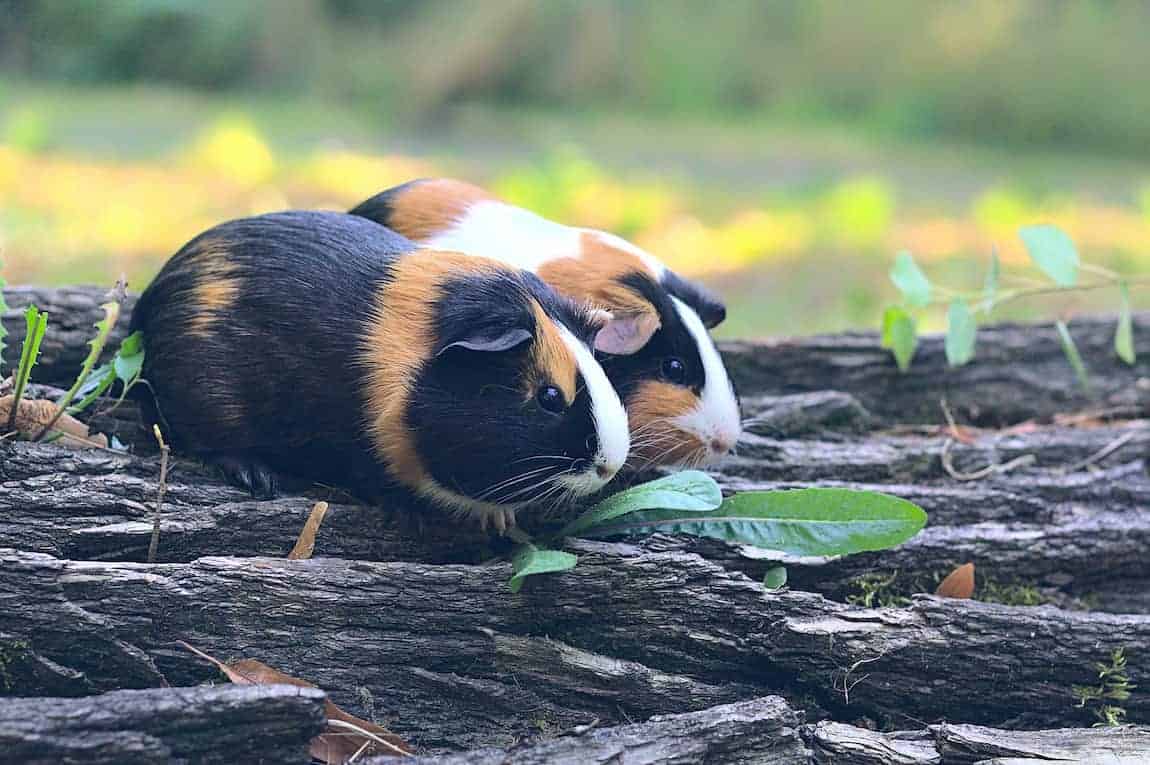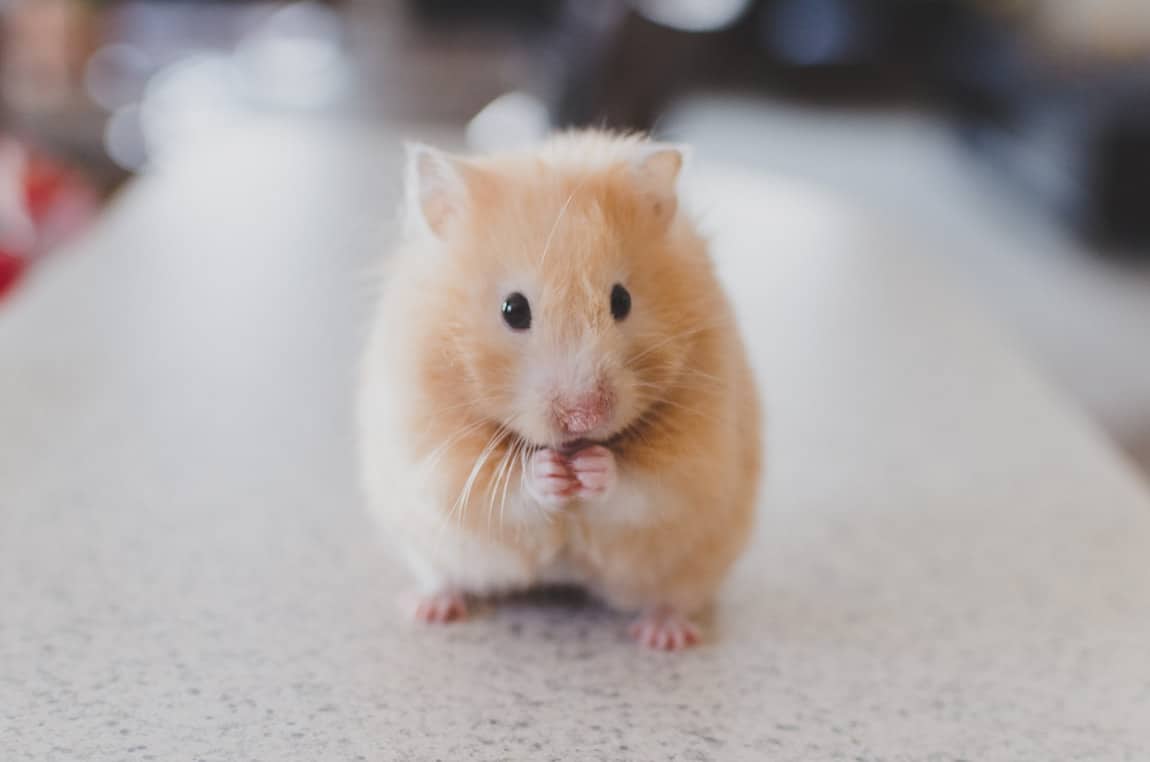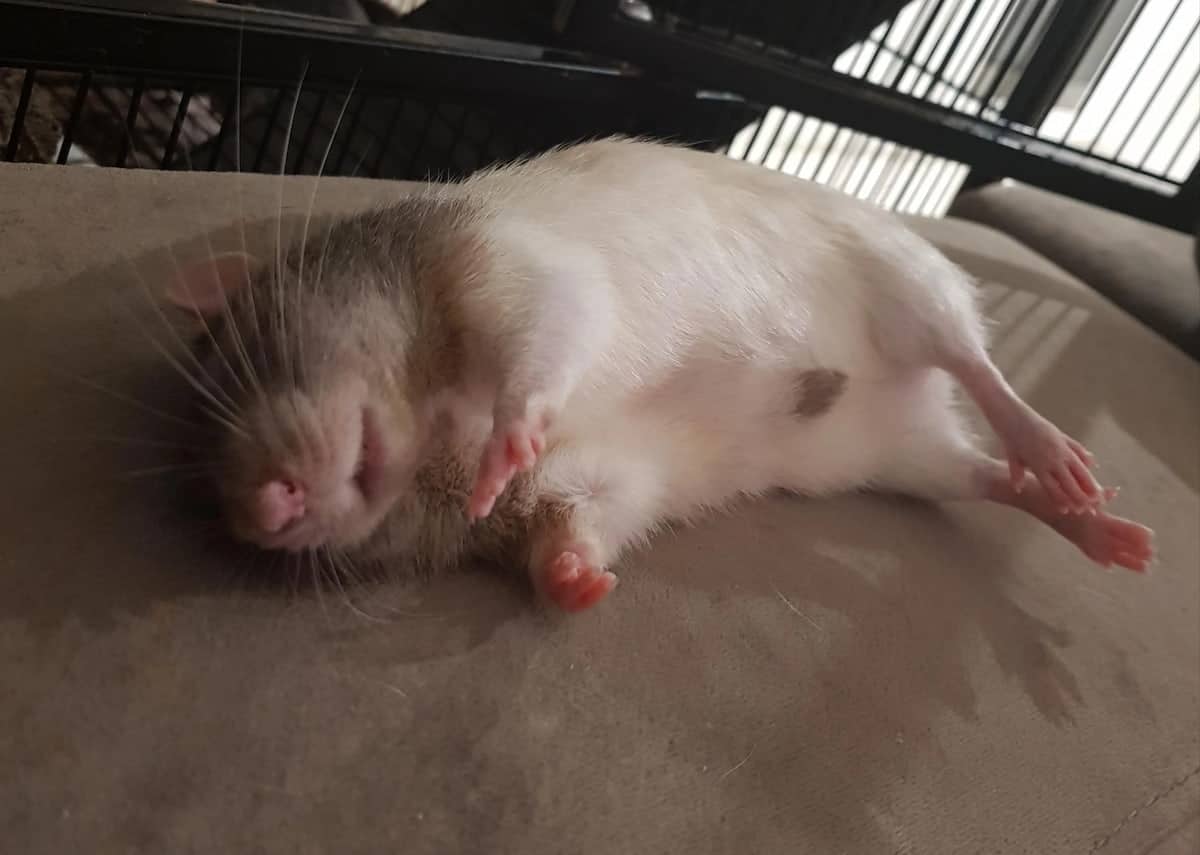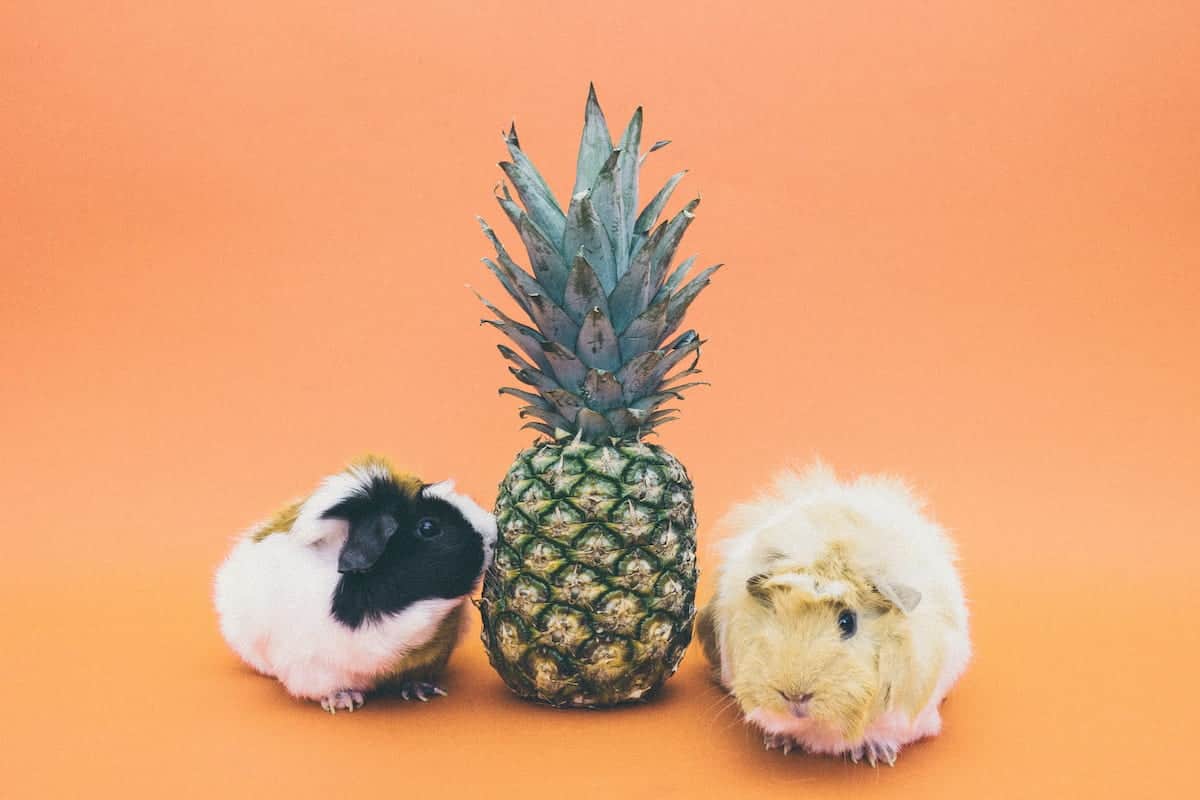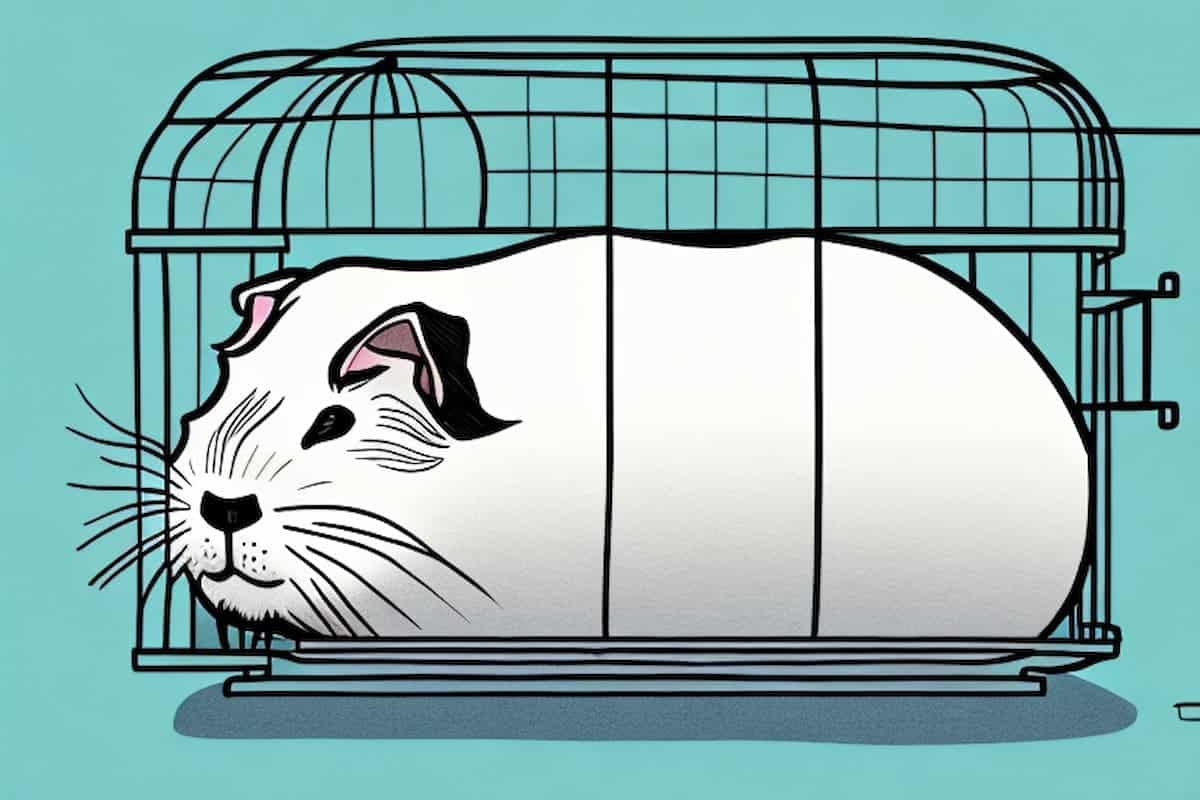You may have heard that guinea pigs are neither nocturnal, diurnal, or crepuscular. So what are they? Guinea pigs only sleep between four to six hours per day, but they don’t get it all at once, so how can they survive?
The sleep patterns of guinea pigs are actually quite complex, and you might be surprised at just how they manage to stay rested with so little sleep.
Want to know everything there is to know about guinea pigs’ sleeping habits? Read through this article for some great tips on how to create the perfect environment for your pet, so that they are relaxed and well rested.
How Long Do Guinea Pigs Sleep?
Guinea pigs are adorable little creatures, and they make great pets, but it’s important to know how much sleep they should be getting so you can make sure they remain healthy and happy.
You know that guinea pigs only sleep between four to six hours a day, and that they rarely sleep for that long all at once. Instead, they break their sleep into numerous smaller stretches of time.
These short naps usually only last a few minutes at a time, but the older they get, the longer their naps will get — up to a half-hour at a time, but rarely more.
There are many factors that affect how long guinea pigs sleep including the temperature of the room they are in, the time of year, how noisy it is in their environment, how long it’s been since their last meal, and how large that meal was.
Usually, the larger the meal, the longer they will sleep afterward, whereas a small snack might be followed by a quick nap and a return to eating.
Is it Bad For Guinea Pigs to Sleep More?
Guinea pigs are busy animals. They usually spend their time chewing and playing, so it’s rare to catch your guinea pig sleeping.
But if you find them snoozing more often this could actually be a sign of more serious health conditions.
There’s no reason to panic; they could just be resting more from being extra active, but if they seem to have no appetite and are generally dull or lackadaisical, they may be suffering from an infection and should be taken to a vet as soon as possible.
When Do Guinea Pigs Sleep?
The short answer is, whenever they want. Guinea pigs’ sleep habits are deceptively simple. On the outside, it appears that they don’t sleep at all, when in reality, they could be sleeping without you even realizing it, but we’ll talk more about that later.
The sleep habits of a guinea pig depend almost entirely on their environment. If they feel safe to eat and sleep as they please, they’re likely to follow a similar sleep pattern to their owner. When the lights come on, they’ll get up.
But if they live in an area where danger pops up every afternoon, they’re likely to be most active outside their dens in the morning and evening, and spend more time sleeping safely throughout the afternoon.
Why Do Guinea Pigs Sleep with Their Eyes Open?
You might not always notice when your guinea pig is asleep, and that’s not just because they don’t sleep very often. You may be looking right at your guinea pig and still miss it.
Guinea pigs have developed the ability to sleep with their eyes open. This allows them to remain alert while they rest, and also may have something to do with why they sleep so little. Who can rest well with their eyes open?
They’re capable of getting the adequate amount of sleep they need even when their eyes are open but they’re also able to sleep with their eyes closed. They do have eyelids, after all.
This little quirk is an evolutionary defense mechanism, so if you find your guinea pig sleeping with their eyes closed, you should feel good knowing that they actually feel completely safe being around you.
Do Guinea Pigs Hibernate?
Guinea pigs do not hibernate, even when temperatures plummet. In fact, it’s unsafe to keep them in temperatures below 60 degrees Fahrenheit(15°C), so make sure that you keep an eye on your home thermostat!
They are able to lower their heart rate and metabolism in lower temperatures in order to conserve energy and survive, but this is dangerous for extended periods of time, as they’ll be at risk of developing hypothermia.
This slowing of their metabolism is known as “torpor” and is likely why your guinea pig might seem sluggish and extremely inactive when the temperature drops.
How to Make the Perfect Bed For Your Guinea Pig
While they don’t need a lot of sleep to survive, it certainly can’t hurt to give your guinea pig a proper bed.
Whether it’s a straw bed or a soft pillow, they’re likely to appreciate the safe place to rest.
Make sure that your guinea pig’s sleeping area is warm, dark, quiet, and isolated from any other pets you might have. Their sleep can easily be disturbed by sounds, and dogs or cats might put them under unnecessary stress.
Conclusion
As you’ve learned from this article, guinea pigs don’t sleep very much, and longer periods of sleep might indicate illness or torpor. They don’t hibernate and don’t function well in cold temperatures. Make sure that your guinea pig sleeps well by allowing it to feel comfortable and safe from other animals.
